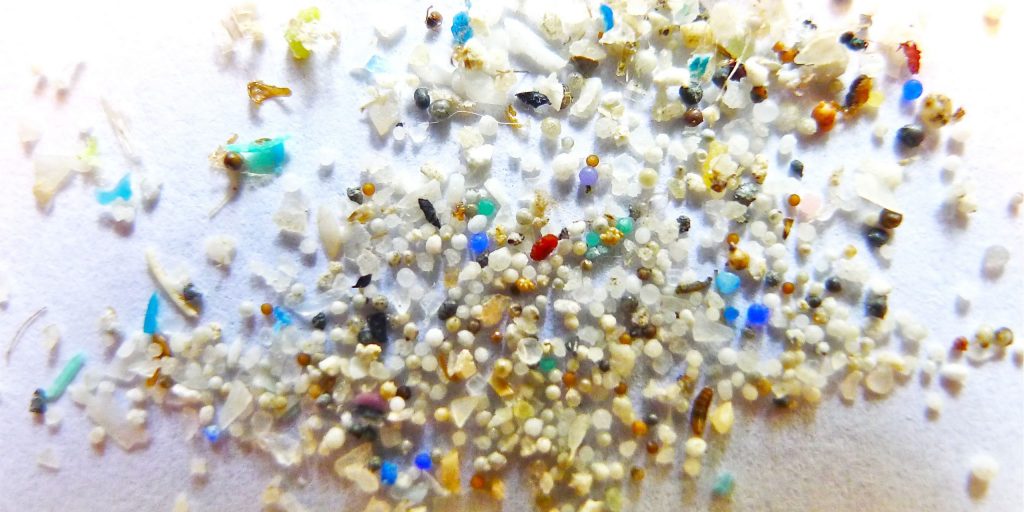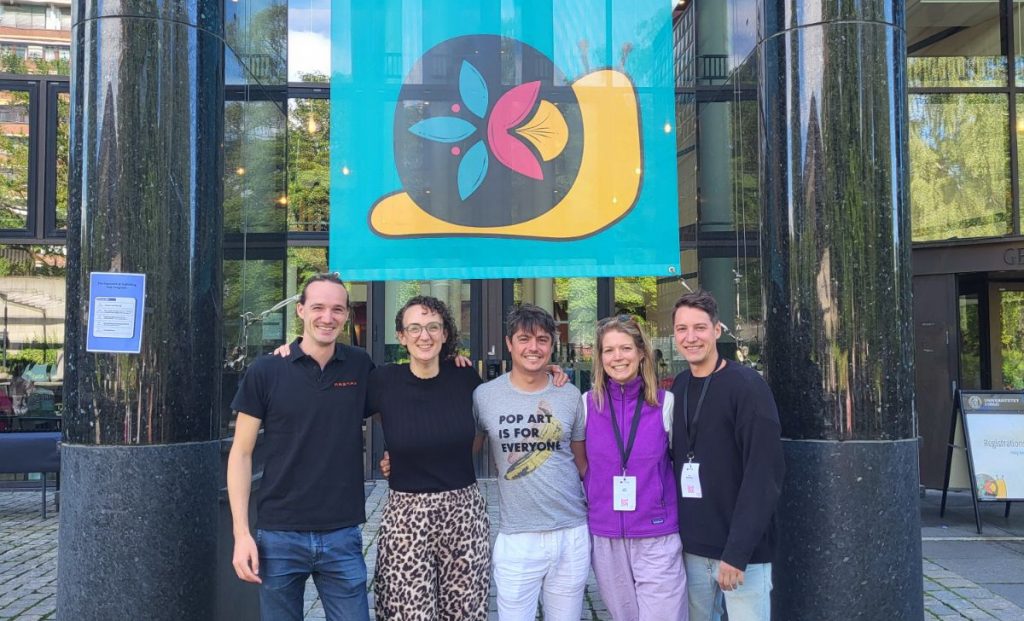The European Parliament’s environment committee today voted to strengthen the European Commission’s overall plans to cut plastic pollution, under the so-called Plastics Strategy. [1]
On behalf of the Rethink Plastic alliance, Meadhbh Bolger, resource justice campaigner at Friends of the Earth Europe, said: “The environment committee has recognised that the Commission’s plans to tackle plastic pollution must be strengthened to protect our oceans. Today’s vote gives a strong signal that more can and must be done to cut off the flood of plastics at source, and national governments across Europe must rise to the challenge.”
The environment committee called for a number of measures that go beyond the Commission’s original proposals, including:
- A ban on microplastics in cosmetics, personal care, detergents and cleaning products by 2020, and minimum requirements to tackle other sources of microplastics
- A complete ban on oxo-degradable plastics – a source of microplastic pollution – by 2020
- A recognition that biodegradable and compostable plastics do not prevent plastic waste in our oceans and should not be an excuse to keep using single-use plastics
- Any financial contribution from taxing plastics should go towards preventing plastic waste generation
- The reduction of hazardous substances in plastics, to ensure that what is recycled is free from dangerous chemicals
Meadhbh Bolger continued: “There’s a lot of greenwashing going on to try and present bio-based and biodegradable plastics as a silver bullet – but this is a sideshow, distracting from the real solutions: reduction and reuse. Bio-based and biodegradable plastics pollute our beaches and seas just like conventional plastics, and should be treated as such. It is hugely positive that the Parliament acknowledges this.”
However, the environment committee failed to back measures to tackle pollution from industrially-produced plastic pellets, which are melted down to make everyday plastic items. It also failed to support stronger economic incentives to reduce plastic production and consumption.
The full European Parliament will vote in September on the environment committee’s response to the Commission’s proposal.








